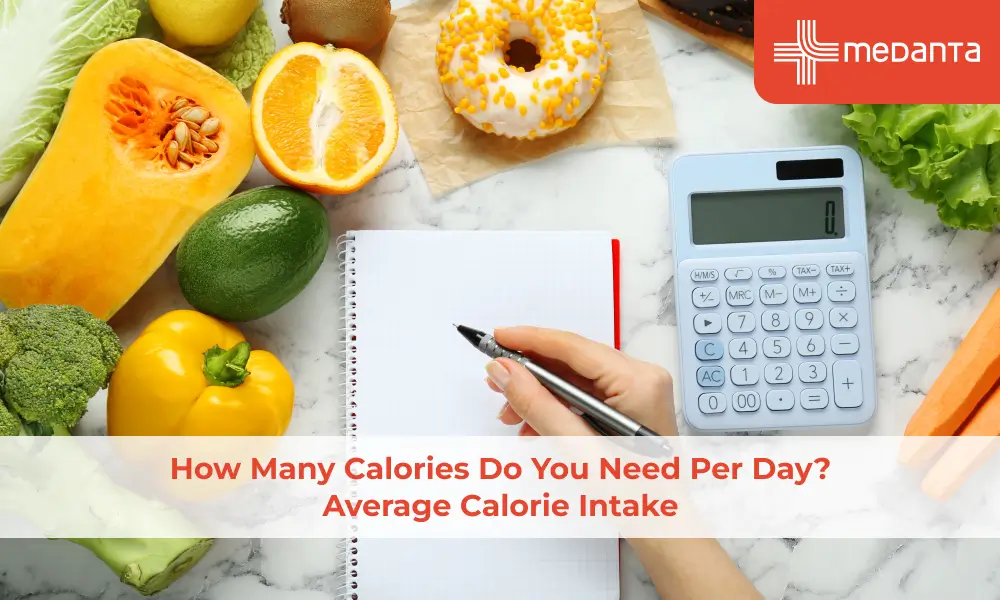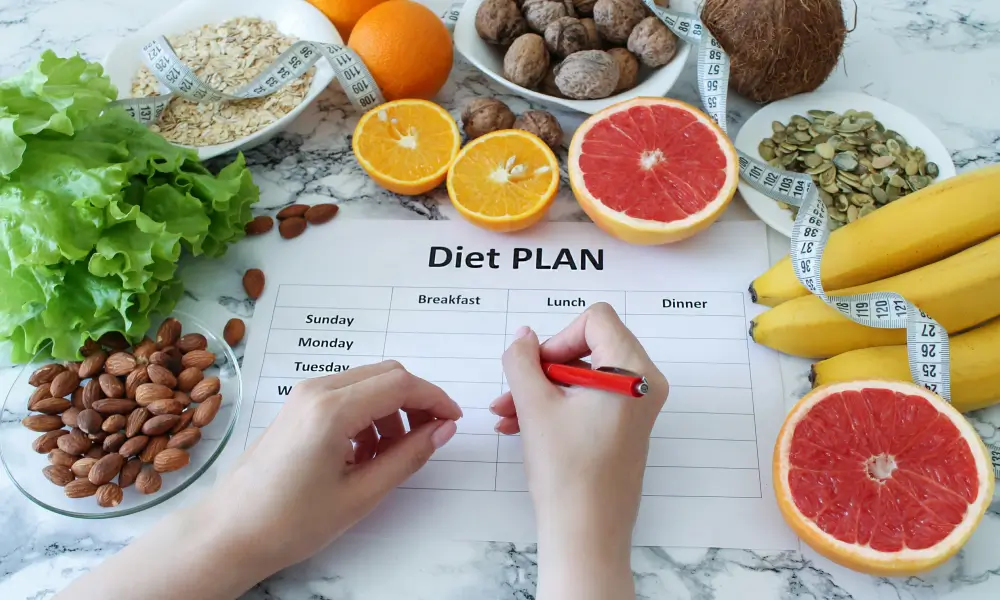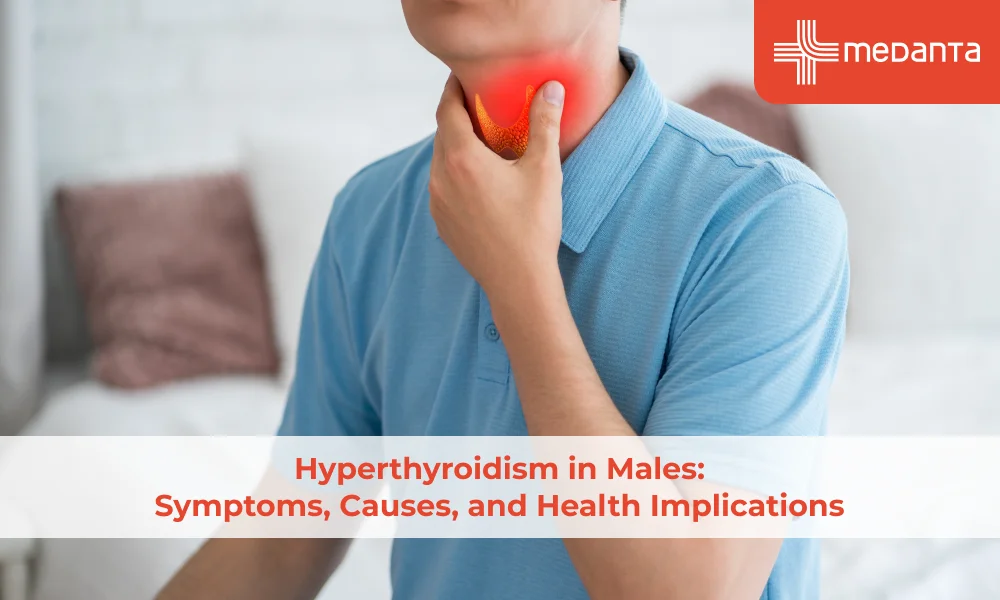How Many Calories Do You Need Per Day? Average Calorie Intake

TABLE OF CONTENTS
A calorie calculator helps you understand your personal needs to keep your weight and energy levels stable. Most women need 1,600-2,000 calories each day to maintain their weight. Men usually require 2,200-2,500 calories. These requirements change by a lot between age groups.
Your daily calorie needs change based on your age, gender, and how active you are. Men need more calories than women as their bodies demand more energy. Kids have different requirements that start at 1,000-1,600 calories when they're 2-4 years old and increase as they grow older.
These numbers matter because your body loses weight when you eat fewer calories than it burns daily. Research shows that counting every calorie obsessively can lead to unhealthy eating habits. This piece covers everything about daily energy needs, from simple requirements to the quickest ways to calculate needs for different body types.
What Are Calories and Why Do We Need Them?
A calorie measures the energy found in food and drinks. Your body uses this energy all the time to breathe, circulate blood, digest food aand keep your temperature steady. Three main nutrients give you calories:
Carbohydrates - 4 calories per gram
Protein - 4 calories per gram
Fats - 9 calories per gram
Average Calorie Intake Per Day for Adults, Children
For Adults:
Women (19-30 years): 1,800-2,400 calories daily
Women (31-60+ years): 1,600-2,200 calories daily
Men (19-30 years): 2,400-3,000 calories daily
Men (31-60 years): 2,200-3,000 calories daily
Men (61+ years): 2,000-2,600 calories daily
For Children:
Ages 2-4: 1,000-1,600 calories
Ages 5-8: 1,200-2,000 calories
Ages 9-13: 1,400-2,600 calories
Ages 14-18: 1,800-3,200 calories
Factors That Affect Calorie Requirements
Several factors determine your daily calorie needs:
People need fewer calories after age 20
Men generally require more calories than women
Your body's size matters significantly
Physical activity levels play a crucial role
Genetic factors influence metabolism
Your metabolic health affects calorie burning

How to Calculate Your Personal Calorie Needs
The Harris-Benedict formula helps determine your Basal Metabolic Rate (BMR) and adjusts it based on activity:
Sedentary: BMR × 1.2
Lightly active: BMR × 1.375
Moderately active: BMR × 1.55
Very active: BMR × 1.725
Now that you understand how calorie needs vary with age, body size, and activity levels, you can estimate your Total Daily Energy Expenditure (TDEE) the total number of calories your body burns in a day. Try this calories calculation tool below to get a personalized TDEE estimate based on your height, weight, age, and activity level. This gives you a more complete and practical idea of how many calories you need to maintain, lose, or gain weight.
Healthy Sources of Calories for Daily Diet
Nutrient-dense foods should be your primary calorie sources. These include:
Fruits like berries, watermelon, grapefruit, and dried fruits (apricots or figs)
Vegetables including sweet potato, bitter gourd, garlic, and peas
Whole grains like whole wheat, barley, brown rice, quinoa, oats
Proteins like fish, poultry, beans, lentils, eggs and nuts
Unsaturated fats or healthy vegetable oils like olive, avocado, canola, sunflower, and peanut oil
Risks of Eating Too Few or Too Many Calories
The right balance in your calorie intake matters more than just counting numbers. Both extremes can harm your health significantly.
Your metabolism slows down by a lot when you restrict calories too severely, which makes it harder to maintain weight later. Your body rebels against strict diets by boosting hunger hormones, which sets you up to fail. Your muscles weaken, bones become fragile, and your immune system suffers when you restrict calories too much.
Research reveals that women's reproductive function gets disrupted when they eat 22-42% fewer calories than they need. Extreme calorie restriction also depletes essential nutrients, which affects everything from your energy to your hair and nail health.
The risks of eating too many calories are equally concerning. Your chances of having a fatal heart attack double if you're 5-15% overweight compared to people at average weight.
Your digestive system struggles when you overeat. Your body has to produce additional hormones and enzymes, which can lead to insulin resistance and metabolic problems. As a result, your body starts to store more fat around your stomach and internal organs.
A calorie calculator can help you find your personal ideal balance - the right amount of energy to keep your body functioning.
Conclusion
Daily calorie needs are the foundation of maintaining proper weight and overall health. Most women need between 1,600-2,400 calories daily, while men typically require 2,200-3,000 calories. These numbers vary by a lot based on age and activity level.
Getting the right balance makes a huge difference. Your metabolism slows down with too few calories, which increases hunger hormones and causes muscle loss among other immunity issues. Extra calorie consumption leads to weight gain and can double or even quintuple your risk of heart problems.
The best approach isn't counting every calorie obsessively. You should focus on nutrient-dense foods like fruits, vegetables, whole grains, and lean proteins. Your body's essential functions need these calories. Breathing, circulation, and temperature regulation all depend on this energy. Figuring out how many calories work best for you builds a solid base for long-term health. This balance gives you enough energy for daily activities.
FAQs
How much calories are required per day for an adult?
Women need 1,600-2,400 calories each day
Men need 2,000-3,000 calories
These numbers change based on how active you are, your age, and height
How many calories should I eat a day to lose weight?
You can lose 0.5-1 pound weekly by reducing your daily calories by 500. Women should not go below 1,200 calories and men below 1,600 calories to stay healthy.
How do I calculate my daily calorie needs?
Start by finding your BMR and adjust it based on your activity:
Sedentary: BMR × 1.2
Lightly active: BMR × 1.375
Moderately active: BMR × 1.55
Is 1500 calories a day enough?
Most adults should not eat just 1,500 calories daily except for short periods. Your metabolism might slow down with long-term restrictions.
What happens if I eat fewer calories than required?
Your body responds to insufficient calories with:
Fatigue
Dizziness
Poor nutrition
Potential fertility problems
What are the best foods for healthy calorie intake?
Nutrient-rich foods work best. Choose whole fruits, vegetables, lean proteins, whole grains, and healthy fats.






